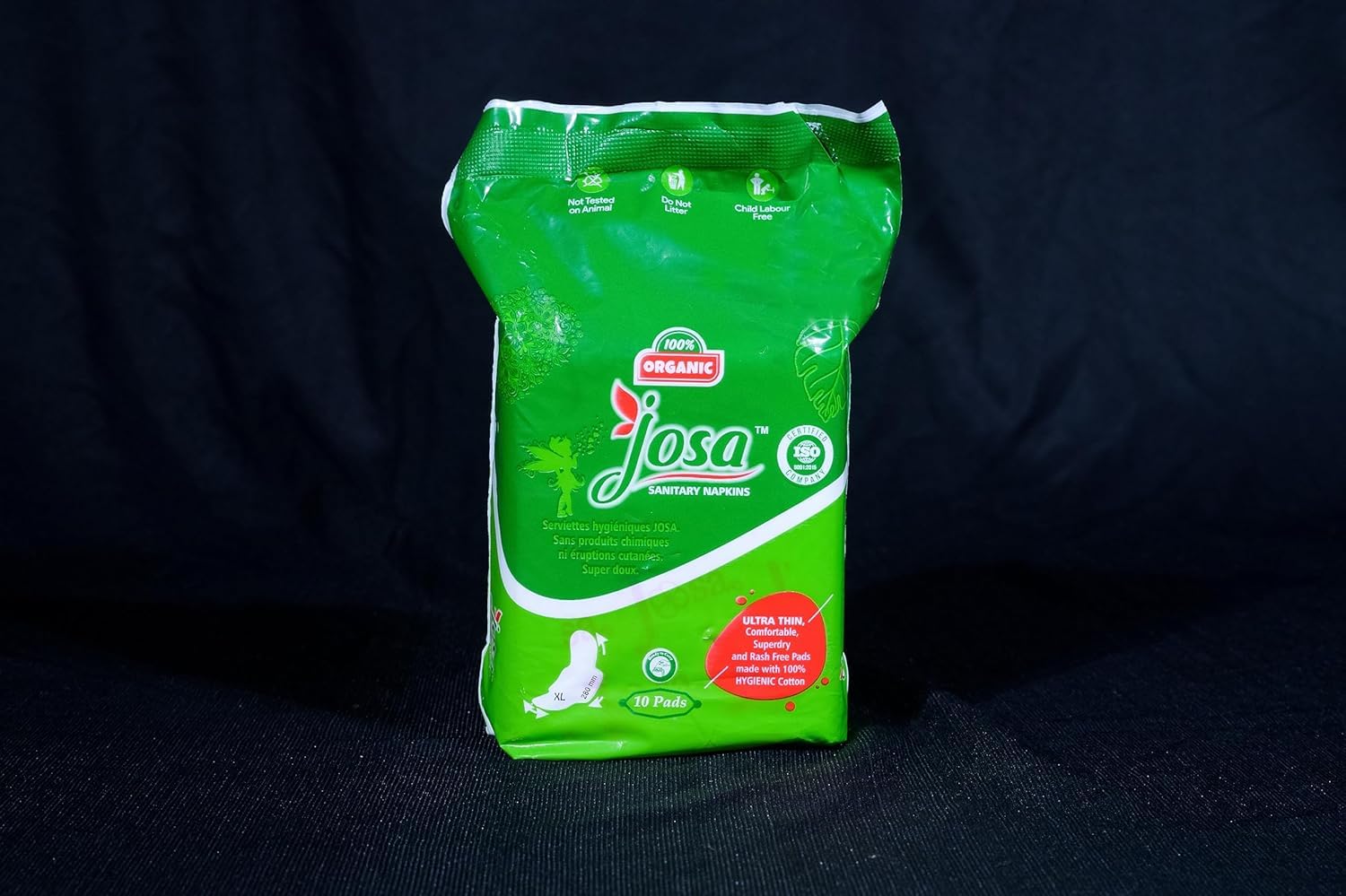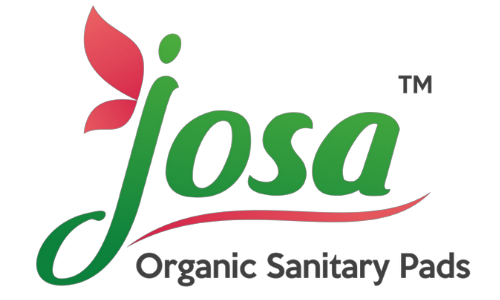
Did you know, that the average sanitary pad out there is a by-product of petroleum, i.e. plastic? Menstruation is a daily reality for millions of Indian women. Traditional sanitary pads, however, have a hidden environmental cost that comes with managing periods. Although convenient, these pads take hundreds of years to degrade in landfills, resulting in a considerable waste load.
Fortunately, a new wave of invention is providing a more sustainable alternative: Organic, Eco-Friendly Biodegradable Sanitary Pads.
This blog delves deeply into the world of biodegradable sanitary pads, researching their benefits, materials, and how they might empower women in India to make eco-friendly choices during their periods.
Understanding Organic Biodegradable Sanitary Pads
Biodegradable sanitary pads contain natural ingredients such as bamboo fiber, corn starch, Organic Cotton Pads and other plant-based components. Unlike standard sanitary pads, which might take hundreds of years to degrade, biodegradable pads break down considerably faster.
Are these Pads Really Green?
Most Traditional Sanitary Pads are made from plastic, bleached rayon (cellulose derived from wood pulp), and synthetic fragrance.
With the boom of greenwashing practically everywhere, most brands advertise their sanitary pads using words like ‘biodegradable, natural, safe, comfortable, even fragrant’. The effects of some of these elements on you and the environment are deeply concerning. I'll briefly mention a few of these here in simple terms:
1. The white color of synthetic sanitary pads is the result of a bleaching procedure that produces dioxins. This greatly pollutes the environment. Dioxin typically builds up in your body over several years.
Furthermore, because we wear pads for five to six days a month for several years of our lives, this exposure can result in several major health complications, such as endometriosis, hormone disruption, pelvic inflammatory disease, and various cancers.
2. Rayon is a common material used in sanitary pads since it is more affordable than cotton and aids in absorption. However, dioxin from the bleaching process is also present.
3. The plastic layer that is frequently seen at the bottom of pads keeps moisture and air from passing through.
This serves as a trap for heat and moisture, encouraging bacteria and yeast growth. which consequently causes discomfort, burning, chafing, and sensitivity.
4. According to WSSCC, India disposes of about 12 billion pads a year. Thirteen percent of menstrual waste in urban India ends up in large bins by the side of the road, in open spaces like fields outside or next to the city, or in water bodies. 10% are flushed, 9% are burned, and 8% are buried.
Women typically develop period rashes. Have you ever questioned why, if you are one of them?
The Need for Organic Biodegradable Pads

Choosing biodegradable pads makes sense for several reasons.

Environmental friendliness
The annual amount of menstrual waste generated in India is astounding. Conventional pads provide a substantial amount of waste to landfills because they can take 500–800 years to degrade. The environmental effect of biodegradable pads, on the other hand, is reduced because they break down under certain circumstances in a matter of months.
Decreased Landfill Burden Menstrual waste contributes to India's overflowing landfills. By easing the burden on landfills, biodegradable pads contribute to the development of a more sustainable waste management system.
Safer for Wildlife and Oceans Conventional pads that wind up in landfills have the potential to seep dangerous chemicals into the ground, eventually contaminating waterways. Biodegradable pads don't harm ecosystems or marine life because they break down naturally.
Encouraging Sustainability Selecting biodegradable pads is a deliberate move towards India's future being more sustainable. It promotes appropriate waste management techniques and offers a good example.
A Brief Overview of Materials Used
Organic Cotton Pads
Bamboo Fiber: Made from bamboo plants, this material is absorbent and sustainable.
Biodegradable Plastic: Polylactic acid (PLA) and other plant-based plastics that break down naturally over time.
Wood pulp: A natural, renewable resource that is frequently used in conjunction with other biodegradable materials.
Corn Starch: A corn-based biodegradable and absorbent substance.
Organic Biodegradable Sanitary Pads Manufacturers in India
Saathi Pads : With its biodegradable pads comprising bamboo and banana fiber, Saathi promotes comfort and sustainability.
Pee Safe : With their organic cotton biodegradable sanitary pads that have antibacterial qualities, Pee Safe emphasizes protection.
Anandi : Anandi is well-known for producing 100% biodegradable and compostable sanitary pads that meet strict national and international regulations.
Josa Pads : Josa Pads are unique in that they provide a wide Assorted-sized pads alternatives made from organic and natural materials to suit different tastes.
Josa: India's Pioneering Organic Biodegradable Pads


